These reflections are a result of more than 40 years of ministry as a Roman Catholic priest. Most of these years I spent in the Diocese of Charlotte which covers Western North Carolina. Now I am retired, and live in Medellín, Colombia where I continue to serve as a priest in the Archdiocese of Medellín.
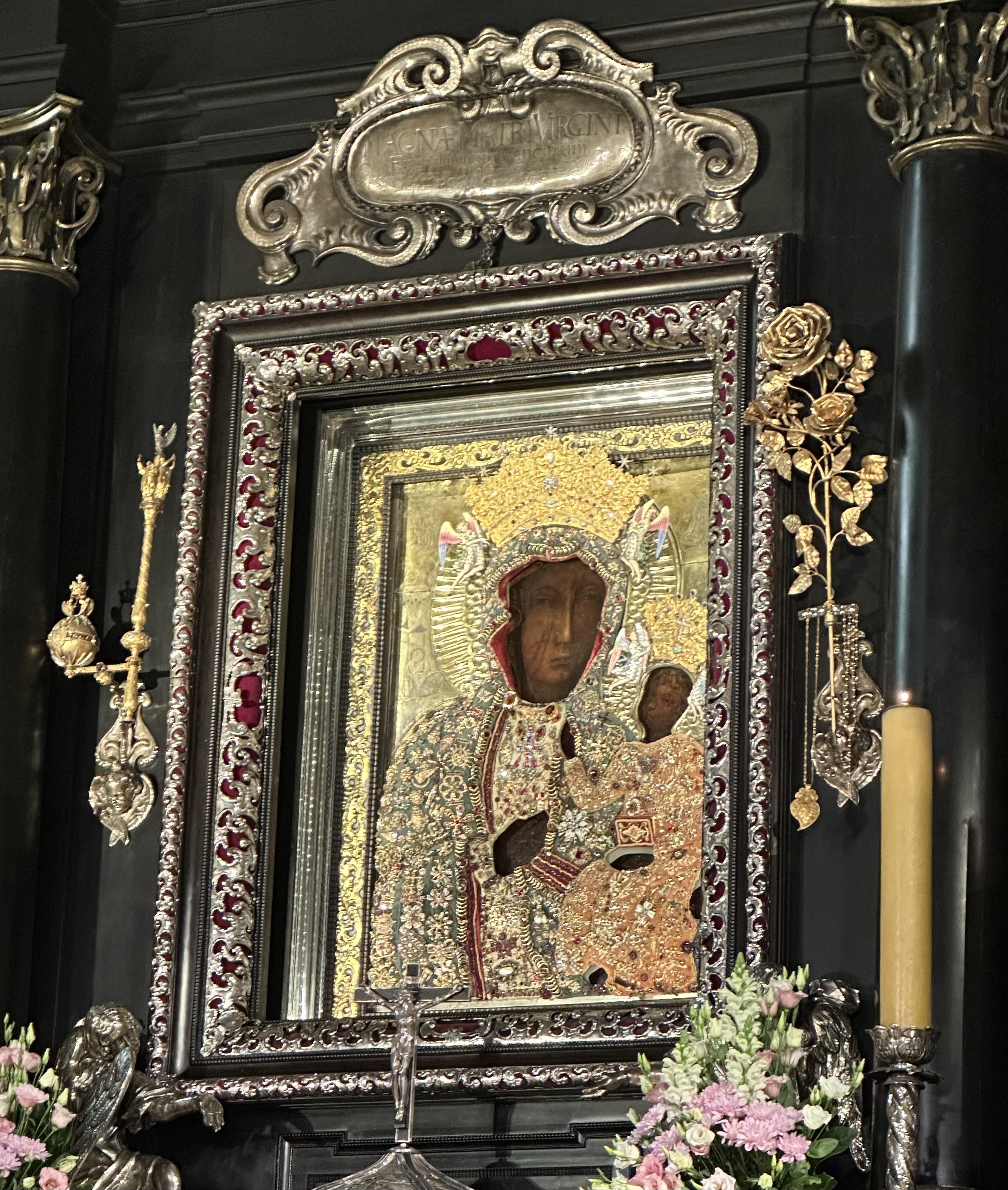
People do not put new wine into old wineskins. Otherwise the skins burst, the wine spills out, and the skins are ruined. Rather, they pour new wine into fresh wineskins, and both are preserved. (Mt 9:14-17)
https://bible.usccb.org/bible/readings/070823.cfm
New wine, fresh wineskins. Change is never easy. Change requires us to have faith that God has a bigger and better plan for us, the world, and especially the church. As the Lord reminds us, the Holy Spirit has been in the business of changing the church for a very long time. We just have to trust the Spirit. The Virgin Mary sings the praises of God who does surprisingly new things: scattering the proud in their conceit, casting down the mighty from their thrones, lifting up the lowly, filling the hungry with good things, and sending the rich away empty.
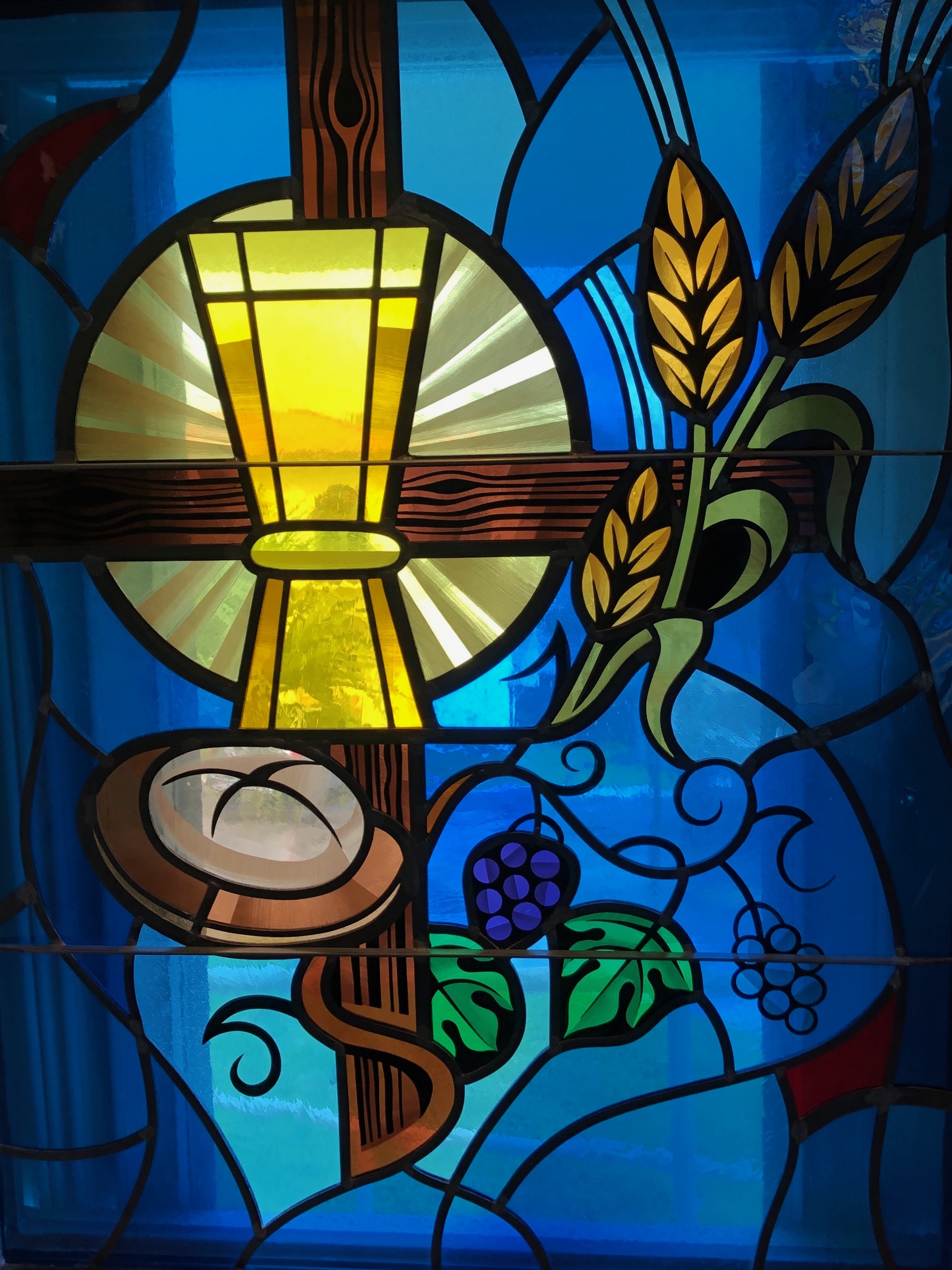
While he was at table in Matthew’s house, many tax collectors and sinners came and sat with Jesus and his disciples. The Pharisees saw this and said to his disciples, "Why does your teacher eat with tax collectors and sinners?" He heard this and said, "Those who are well do not need a physician, but the sick do. Go and learn the meaning of the words, I desire mercy, not sacrifice. I did not come to call the righteous but sinners." (Mt 9:9-13)
https://bible.usccb.org/bible/readings/070723.cfm
The Eating and Drinking with sinners is a key element of the Table Ministry of Jesus, one we forget way too often. Perhaps that’s why the church puts the words of the centurion on our lips before we approach the Sacrament to remind us that the Lord still welcomes sinners to His Table: “Lord, I am not worthy that you should enter under my roof, but only say the word and my soul shall be healed.”
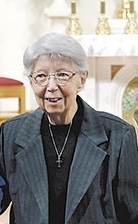
But the LORD's messenger called to him from heaven, "Abraham, Abraham!" "Here I am," he answered. "Do not lay your hand on the boy," said the messenger. "Do not do the least thing to him. I know now how devoted you are to God, since you did not withhold from me your own beloved son." (Gen 22:1b-19)
https://bible.usccb.org/bible/readings/070623.cfm
One of the more troubling passages in the Scriptures to be sure, yet an important part of the Abraham story and in the story of Salvation as the Exultet of the Easter Vigil will attest when it sings: “O love, O charity beyond all telling, to ransom a slave you gave away your Son!” Today is the feast day of our own Sister Maria Goretti Weldon, RSM. Ad multos annos!
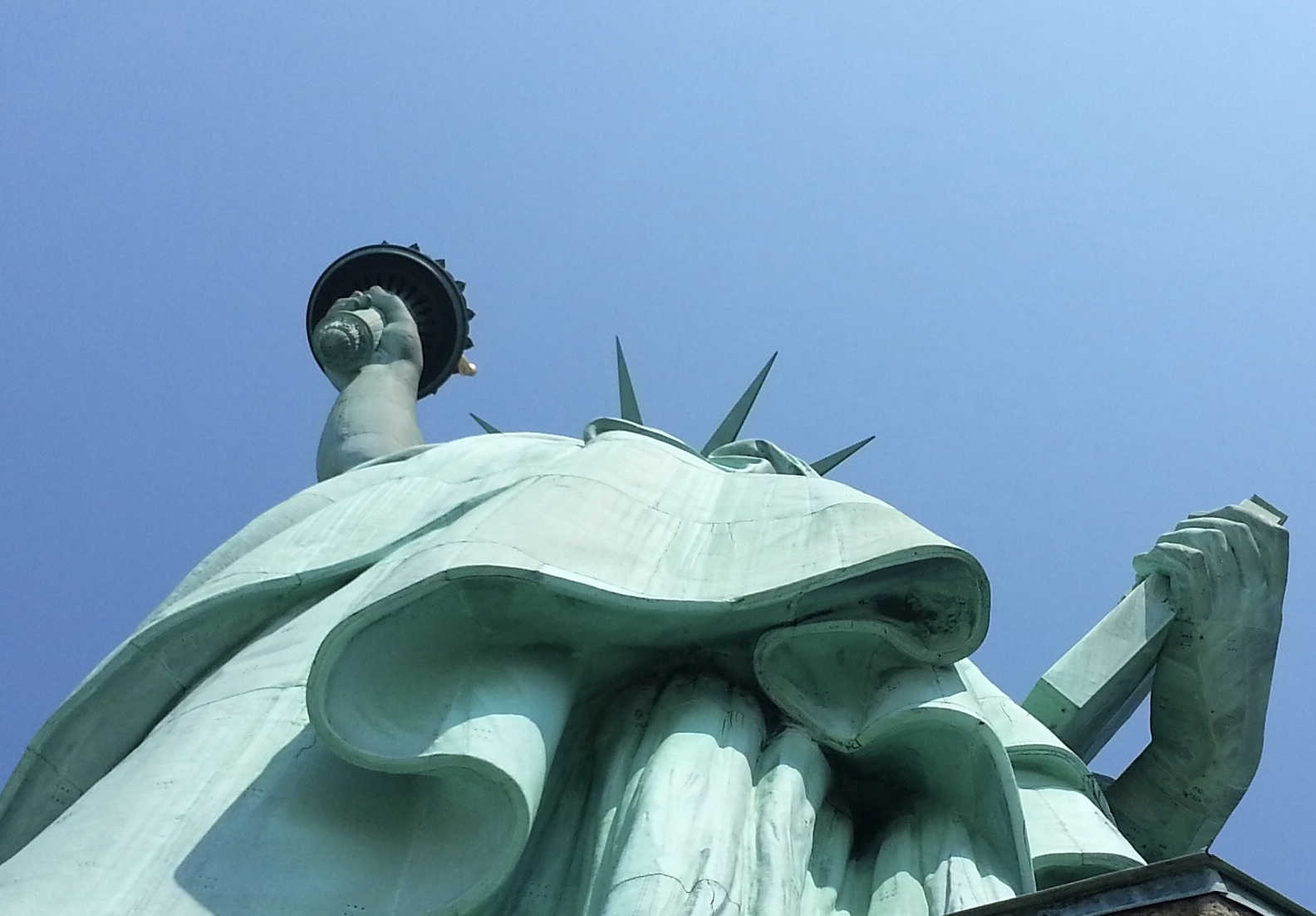
Suddenly a violent storm came up on the sea, so that the boat was being swamped by waves; but he was asleep. They came and woke him, saying, "Lord, save us! We are perishing!" He said to them, "Why are you terrified, O you of little faith?" (Mt 8:23-27)
https://bible.usccb.org/bible/readings/070423.cfm
Jesus doesn’t call us to live in fear—just the opposite. We live by faith in the one who calls us by name and journeys with us.
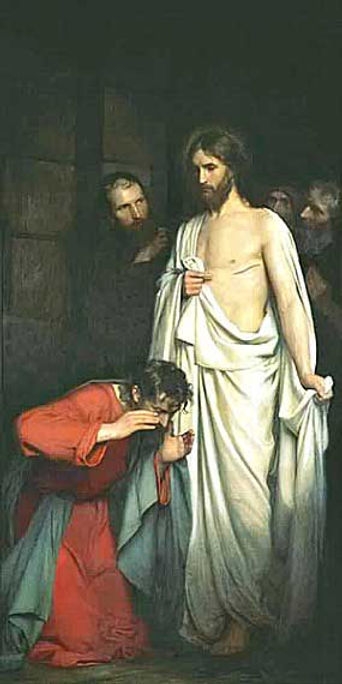
Jesus came, although the doors were locked, and stood in their midst and said, "Peace be with you." Then he said to Thomas, "Put your finger here and see my hands, and bring your hand and put it into my side, and do not be unbelieving, but believe." Thomas answered and said to him, "My Lord and my God!" (Jn 20:24-29)
https://bible.usccb.org/bible/readings/070323.cfm
Despite centuries of preachers stating the opposite, the Fourth Gospel never says that Thomas touched the Risen Lord. Instead, Thomas gives us the highest confession of Jesus in all the New Testament: “My Lord and my God!” And wins a blessing for all of us to boot: “Blessed are those who have not seen and have believed."



